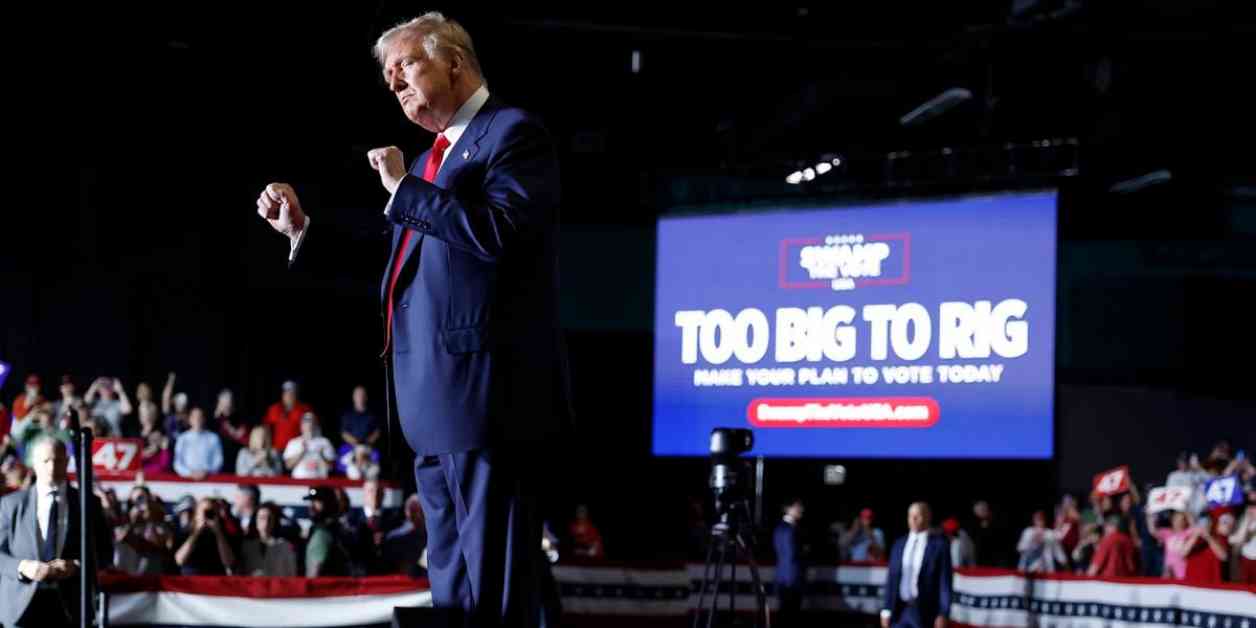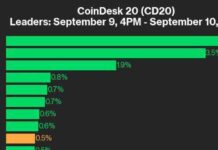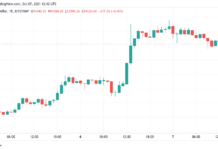Donald Trump’s chances of winning the U.S. presidential election took a temporary hit as the second-largest holder of “yes” shares on Polymarket placed bets on his opponent, Kamala Harris. Theo4, who holds 12 million “yes” shares in a Trump victory, second only to Fredi9999, made some unexpected trades by purchasing “no” shares for Trump and “yes” shares for Harris before returning to buying Trump “yes” shares.
The price of these shares on Polymarket reflects the market’s assessment of each candidate’s probability of winning or losing, with each share paying out $1 if the prediction comes true. Trump’s odds initially dropped from 65% to as low as 59% before bouncing back up to 64% and settling at 63%.
Market watchers like Flip Pidot attributed this brief dip to Theo4’s trades. There have been speculations in recent days that pro-Trump forces are manipulating Polymarket to inflate his chances of winning, pointing to heavy buying by Trump whales like Fredi9999 and Theo4. However, proponents of the betting market argue that any attempts to manipulate these markets would create opportunities for informed traders to capitalize on.
Although Polymarket prohibits U.S. traders due to an agreement with the Commodity Futures Trading Commission, some Americans have found ways to bypass this restriction using VPNs. Bloomberg reported that Polymarket is implementing new measures to prevent U.S. users from trading on its platform, but the specifics were not disclosed.
The CFTC has been cracking down on election betting at regulated exchanges, proposing rules against such activities and engaging in legal battles like the one with the Kalshi prediction market. Despite these challenges, political betting remains a significant trend, with Polymarket seeing $2.3 billion in volume on its main U.S. presidential contract.
As the 2024 election approaches, the landscape of prediction markets and political betting continues to evolve, with players like Polymarket at the forefront. The influence of whale traders and the efforts to regulate these markets will shape the future of political prediction and betting platforms in the years to come.














